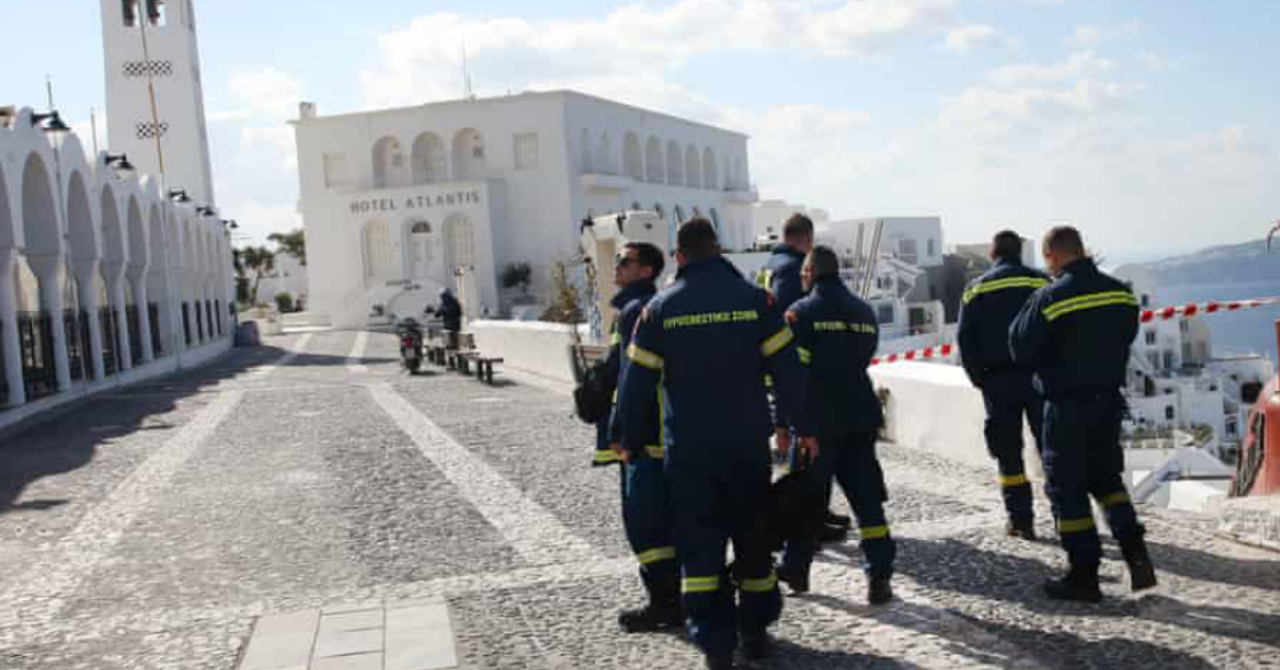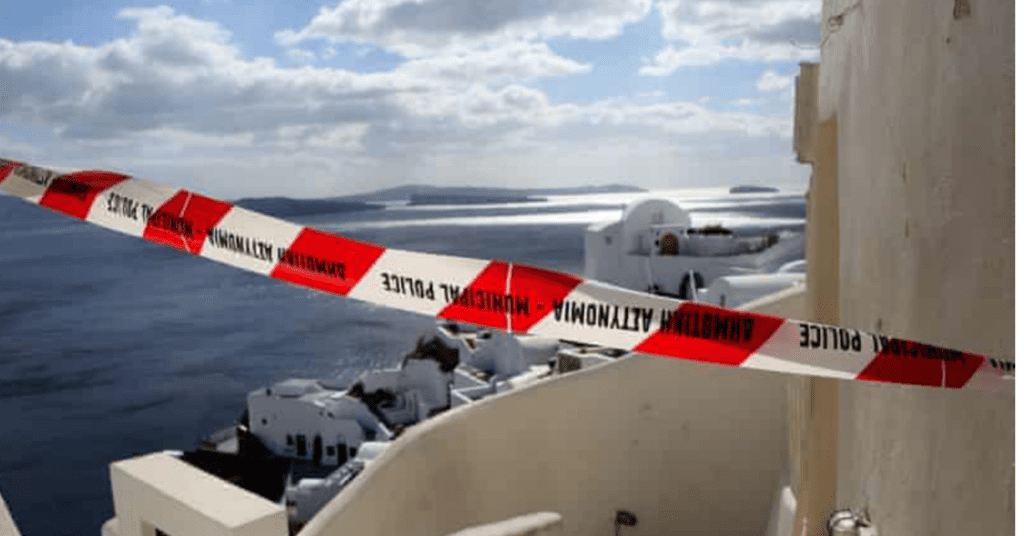
In early 2025, the picturesque island of Santorini, Greece, was struck by a series of devastating earthquakes, prompting the Greek government to declare a state of emergency. This declaration has far-reaching implications for the island’s residents, tourists, and the global community. But what exactly happens after such a declaration? How does it impact Santorini, and what steps are taken to ensure safety and recovery? Let’s dive into the details.
Understanding the Santorini Earthquakes of 2025
Santorini, a world-renowned tourist destination known for its stunning sunsets and iconic white-washed buildings, sits on a geologically active region. The 2025 earthquakes, which measured up to 6.5 on the Richter scale, caused significant damage to infrastructure, homes, and historical sites. The tremors were felt across the Aegean Sea, sparking fears of tsunamis and further seismic activity.
The Greek government acted swiftly, declaring a state of emergency to mobilize resources and coordinate disaster response efforts. This move was critical to ensuring the safety of Santorini’s residents and the thousands of tourists who visit the island annually.

What Does a State of Emergency Mean for Santorini?
When a state of emergency is declared, it signifies that the situation is beyond the capacity of local authorities to handle alone. Here’s what it entails for Santorini:
1. Immediate Disaster Response
- Search and Rescue Operations: Specialized teams are deployed to locate and assist survivors trapped under rubble. International aid organizations often join these efforts.
- Medical Assistance: Field hospitals may be set up to treat the injured, as local medical facilities can quickly become overwhelmed.
- Evacuations: Tourists and residents in high-risk areas are evacuated to safer locations, sometimes even to mainland Greece.
2. Infrastructure Assessment and Repair
- Engineers and geologists assess the damage to buildings, roads, and utilities. Unsafe structures are marked for demolition or reinforcement.
- Temporary shelters are established for those displaced by the earthquakes.
3. Economic Impact
- Santorini’s economy, heavily reliant on tourism, takes a significant hit. Hotels, restaurants, and shops may close temporarily, leading to financial losses for local businesses.
- The Greek government may provide financial aid or tax relief to affected businesses and individuals.
4. Psychological Support
- Earthquakes can leave lasting emotional scars. Counseling services are often made available to help residents and tourists cope with trauma.
The Role of International Aid and Collaboration
In the wake of the Santorini earthquakes, international aid plays a crucial role. Countries and organizations worldwide offer financial support, supplies, and expertise. For example:
- The European Union activated its Civil Protection Mechanism, providing emergency funding and resources.
- Neighboring countries like Turkey and Italy sent search-and-rescue teams to assist.
This global collaboration underscores the importance of solidarity in times of crisis.
Lessons from Past Earthquakes in Greece
Greece is no stranger to seismic activity. The 1953 Ionian Islands earthquake and the 1999 Athens earthquake serve as reminders of the country’s vulnerability. These past events have shaped Greece’s disaster preparedness strategies, including:
- Stricter Building Codes: Ensuring new constructions can withstand earthquakes.
- Public Awareness Campaigns: Educating citizens on earthquake safety measures.
- Early Warning Systems: Implementing technology to detect tremors and issue alerts.
The Road to Recovery for Santorini
Recovering from a disaster of this magnitude is a long and challenging process. For Santorini, the path forward includes:
- Rebuilding Infrastructure: Restoring damaged buildings and roads while incorporating earthquake-resistant designs.
- Reviving Tourism: Promoting Santorini as a safe destination once the immediate crisis is over.
- Community Resilience: Strengthening local capacity to respond to future disasters.
Conclusion: A Test of Resilience for Santorini
The 2025 Santorini earthquakes have tested the resilience of this beloved island. While the state of emergency has brought immediate challenges, it has also highlighted the strength of the human spirit and the power of global cooperation. As Santorini rebuilds, it serves as a reminder of the importance of preparedness, compassion, and unity in the face of natural disasters.
For now, the world watches and supports Santorini, hopeful that this iconic destination will rise from the rubble stronger than ever.
Complete information






